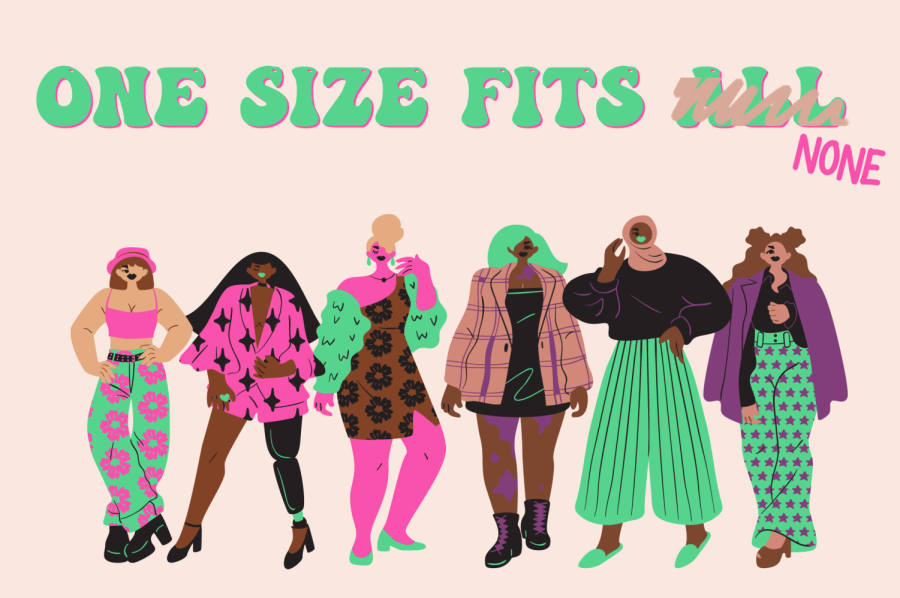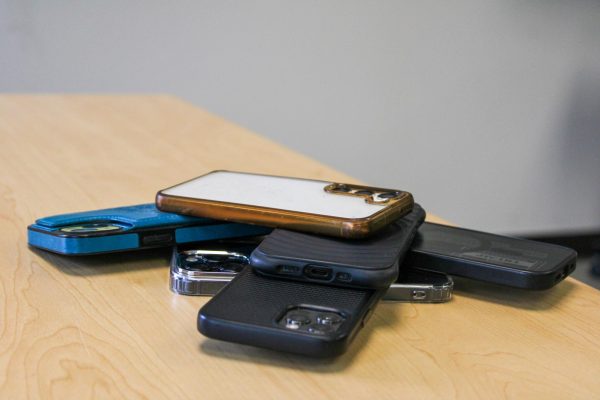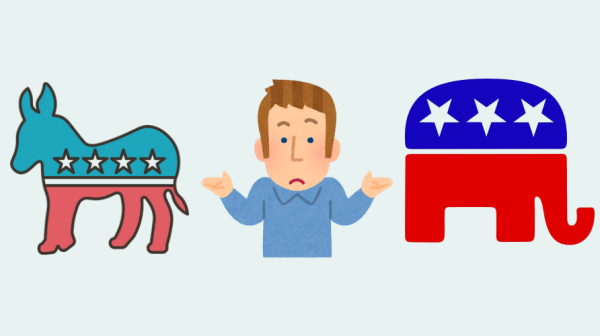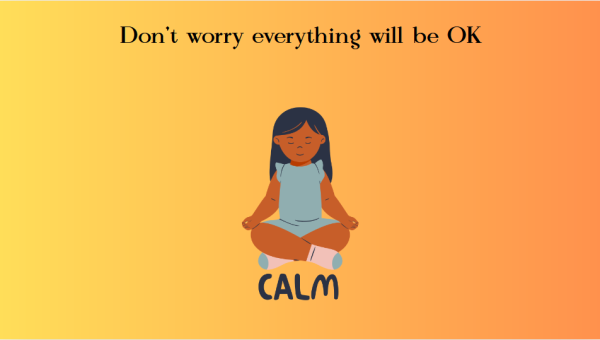Small businesses are not inclusive
Clothing businesses often advertise clothes as “one size fits all” when in reality, they only fit a certain type of body shape.
There has been a major campaign running across social media for a few years now to encourage people to shop from small businesses. Especially given the hardships they faced during the pandemic, consumers have skyrocketed mainstream support for smaller, independent companies.
Even influencers like James Charles started receiving major backlash for doing clothing hauls from big companies instead of ethical, smaller businesses.
However, shopping at small businesses is not as easy or sustainable as these keyboard warriors try to convey.
The main argument for why people should shop at small businesses is the environmentally friendly, sustainable practices they have in contrast to big corporations. A study found that 71% of global emissions are caused by just 100 big companies. Who would want to consume from companies that are a part of that?
There is just one factor that is not included within the push for supporting smaller businesses: fat people. While consumers worry about the environmental costs and capitalistic practices when it comes to shopping at smaller companies, I have to worry about my body size.
For example, PopSugar’s list of 42 small fashion brands to support includes a store called AMO Denim. Advertised as a vintage collection founded in Los Angeles, it highlights the vintage, old-fashioned size standards. Their sizes only go from XS to L. Sure, it is amazing to include the size XS, but not including the other end of that spectrum is oppressive to fat people.
Not to mention, their size chart only includes measurements for bottoms despite them having a whole catalog for tops as well. In bottoms, they only go up to a waist measurement of 32 inches. As someone who rests between a 32 and 34-inch waist size depending on the style, this store is completely impossible for me to shop at. There is not a single chance I will fit in these clothes.
This practice of not including larger sizes is universal across many smaller fashion brands. This is a regular process for me and many others. Almost every single new website or up-and-coming small business that I find does not cater to my size or even specify whether they do or not.
While there are some ethical brands that offer plus sizes, most stores that do set their branding as plus-size specific. This means that the trendy going-out tops and mom jeans are absolutely nowhere to be found in plus sizes. Lots of brands purposely make their plus-size clothing years behind on trends due to fatphobia. This leaves many fat women with little to no choices for fashionable clothes, and unable to shop ethically or support small clothing businesses.
As someone who lingers between M/XL and has short legs, it is near impossible for me to find trendy, fitting clothing at any ethical, small business. I can barely find properly fitting clothes at big stores like Target or American Eagle, despite them having an extremely wide range of sizes. I imagine that those bigger than me have an even more difficult time.
While environmental and ethical standards are important factors to consider while shopping sustainably, the idea of size inclusion often goes ignored.









